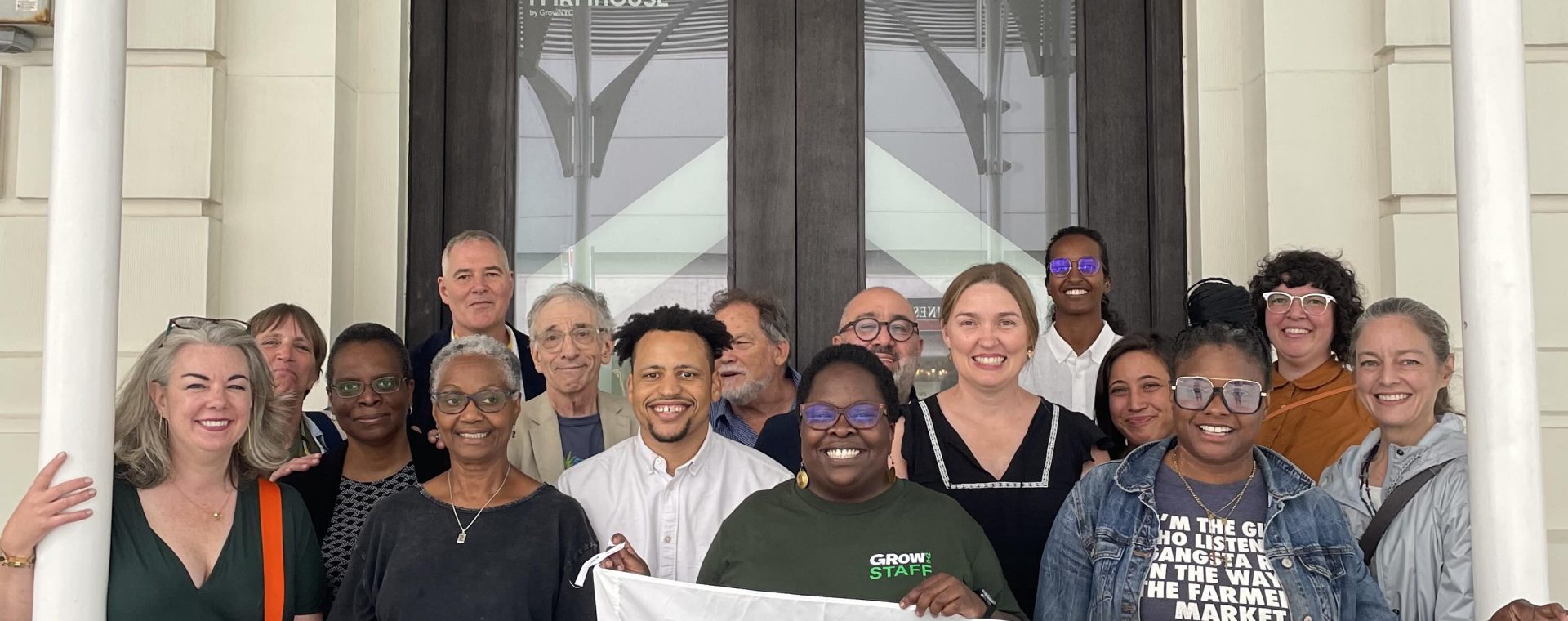In the month of March, we recognize the role of women in farmers markets as vendors, consumers, and the leaders who are cultivating that hopeful future in local food. While it may not be universal that markets are women’s spaces, women are visible in a vast majority of territorial markets (of which farmers markets are one kind). Female presence alone does not result in representation and power in these institutions. However, formal inclusion and power for women in markets is for us, a priority.
Conversations with farmers market practitioners confirm insights that our 2022 World Report study reveals: From Ghana to Norway, farmers markets create the social space that valorises women. For instance, in Ghana, women successfully direct market traditional crops that are otherwise undervalued by commodity agriculture. Critical staples important for family nutritional health are profitable and important products in farmers markets. Consider the Techmiman women yam producers in Ghana (page 36). They thrive in the emerging Ghanaian farmers markets, whereas in the commodity system they may be marginalised.
The farmers market innovation is its commitment to direct marketing under regimes of shared governance and transparency. Women are market managers. Women are farmers; and women are consumers. Sheer numbers alone do not translate into a formal voice. Yet, what we can do is elevate the voice of women in markets:
Women vendors come in many forms: from women-owned businesses to women members of the household who are assigned to (or who themselves select) the role of managing sales and marketing. How many of us have witnessed the transformation of an agri-food business during its life in the market? A new division of labour emerges inside families whose futures are tied to farmers market success. Marketing, active listening, branding, and good customer service practices rival production as key ingredients for success. These ingredients are more often than not the purview of women in the household.
Women consumers shape market trends and the decisions farmers make as to what to plant on the land, especially if they feel safe and welcome in the space to voice their preferences. Moreover, when women meet other women in markets, they share knowledge.
And finally, women run markets formally. They represent a large number of farmers market managers in the United States. During our inaugural General Assembly in June of 2023, it was abundantly clear that there is a generation of farmers market women leaders whose knowledge, skills, and passion are growing the future for agile family farmers who direct their crops and energies to farmers markets. This is both something to celebrate and to cause concern. Farmers markets are woefully under-capitalised. This results in women at the helm of institutions operating with insufficient financial resources and under considerable pressure. Our call-to-investment is a de facto call to invest in women in farmers markets to continue to cultivate spaces where women thrive, where women shape the future of food. Is this easy? No, it’s difficult. Too often farmers markets are taken for granted as natural institutions that simply run themselves. We know this not to be true.
In January of this year, we were reminded of just how fragile our world of markets. The Farmers Market Coalition (USA) shockingly lost its new Executive Director, Charisse McGill, at age 42 as a result of an unexpected health crisis. McGill was also the founder of a thriving food business in her town of Philadelphia (Lokal Artisanal Foods). She also cut her teeth on market management by managing a series of farmers markets in Greater Philadelphia. Charisse was the third woman to lead the organisation, but its first black woman. She brought a voice and a set of experiences that added so much value to the work that preceded her.
Many of you may recognize her as a devoted attendee to the WorldFMC Academy’s Studios. I first met Charisse in the summer of 2023 during her first week on the job at a World FMC meeting at GrowNYC’s Project Farmhouse in New York City. We were beginning to ramp up collaborative efforts that reflect her insatiably positive attitude and unbound energy for enterprise development. Charisse’s death is a tragic loss to her family and community, but also to the world of farmers markets.On behalf of the World Farmers Markets community, join me in sending condolences to Charisse’s family and the FMC team who were rallying around Charisse’s vision for the organisation in the USA. Read the FMC public statement here and FMC’s Darlene Wolnik’s tribute, “Charisse, (too) briefly.”
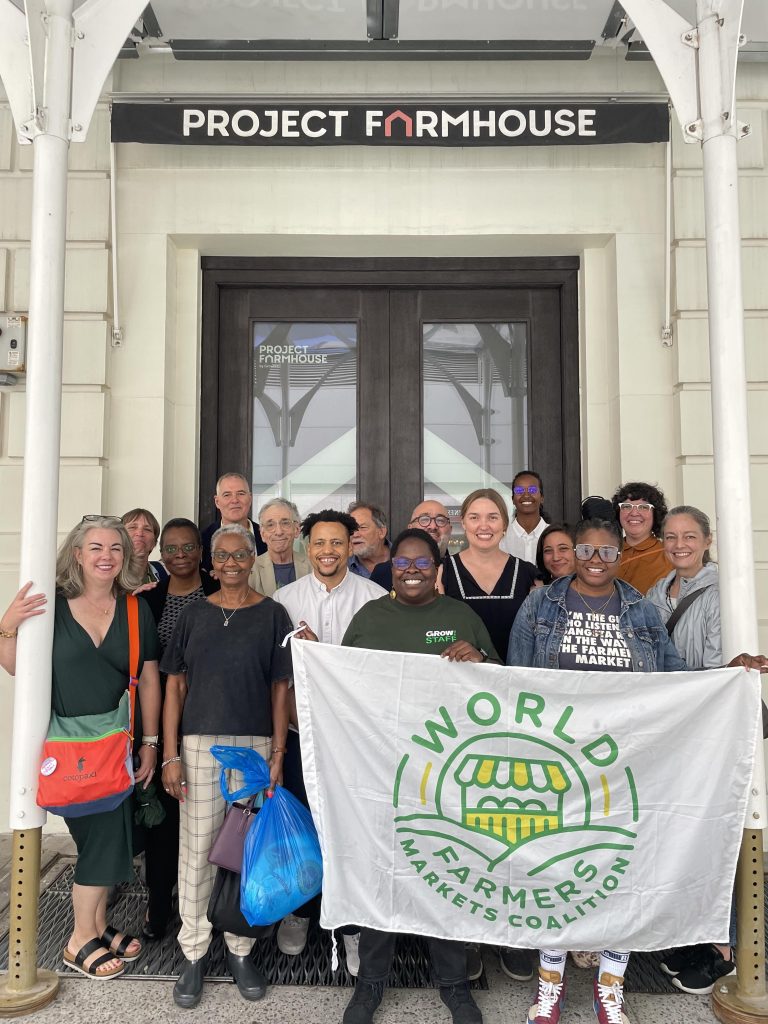
Photo of Charisse at the NYC gathering
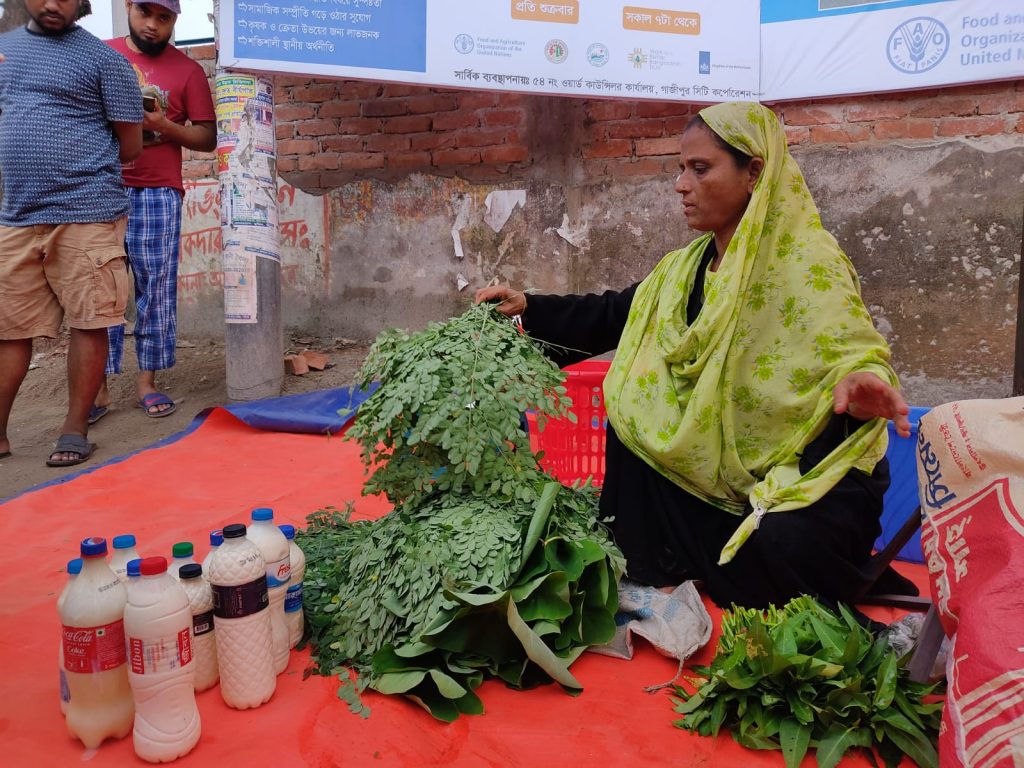
“To be a working woman in a farmers market means to create an example of breaking social taboo, that women don’t participate in market activities”
Hena Begum, Gazipur Farmers Market, Bangladesh
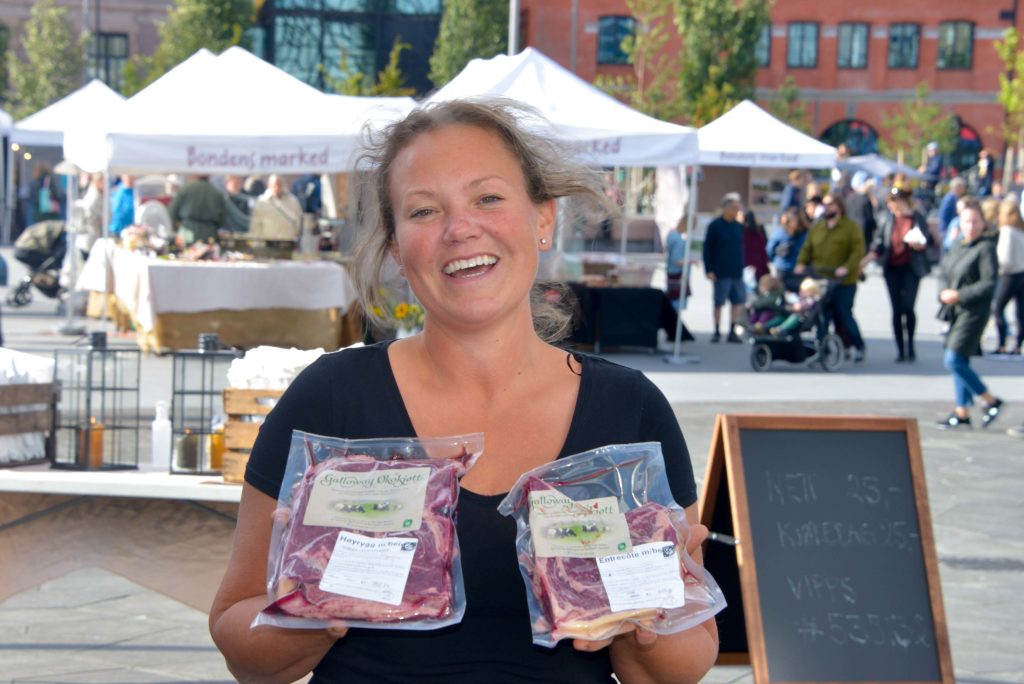
“To be a working woman in a farmers market means being proud of my work as a farmer, because the customers show they appreciate my knowledge and my skills”
Astrid Bye, Trondheim Farmers Market, Norway
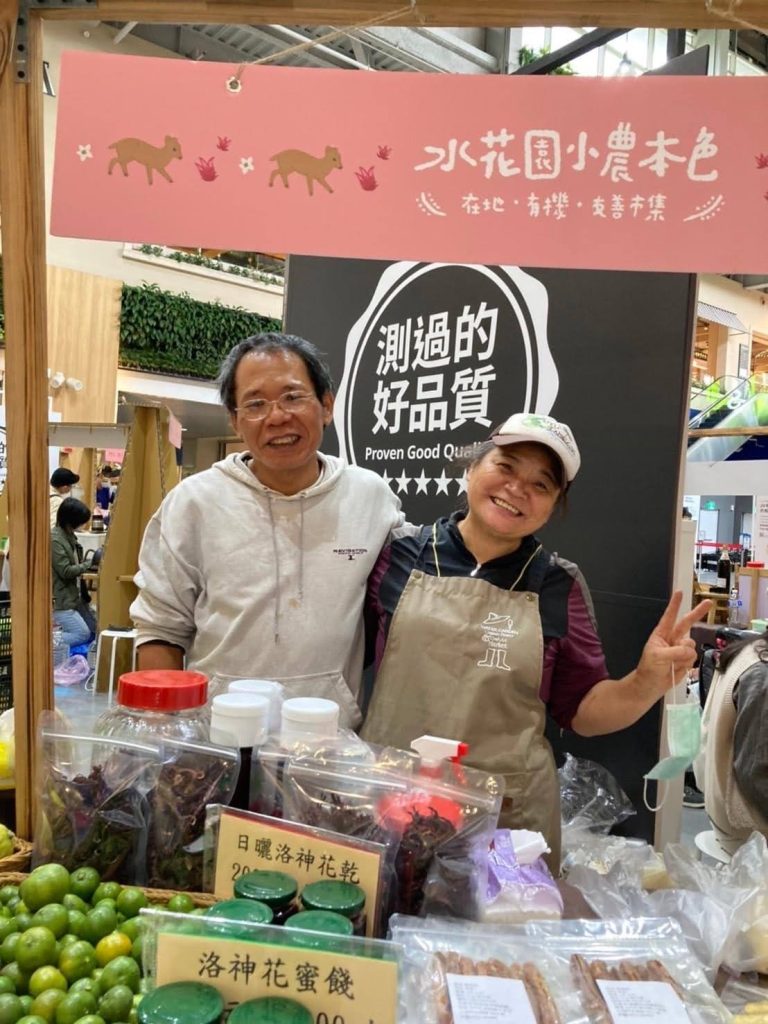
“To be a working woman in a farmers market means to be fulfilled and connected”
Mrs Rouzhen, Water Garden Organic Farmers Market, Taipei, Taiwan

